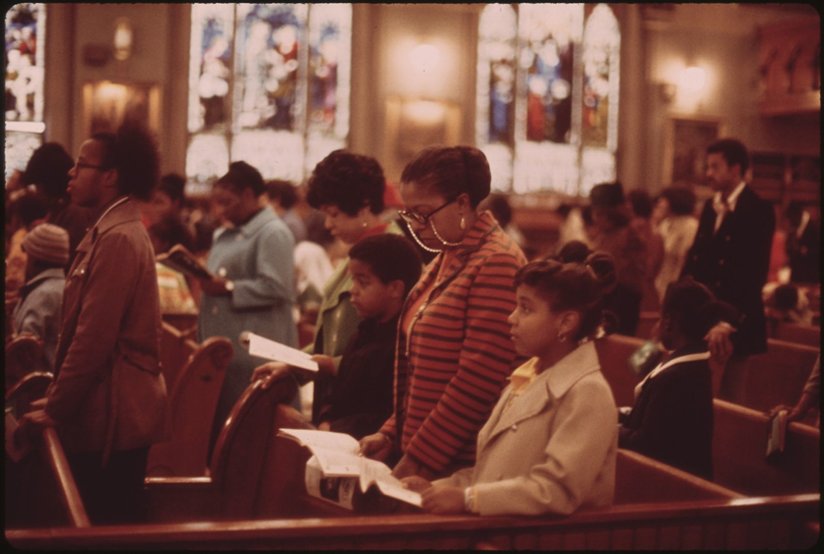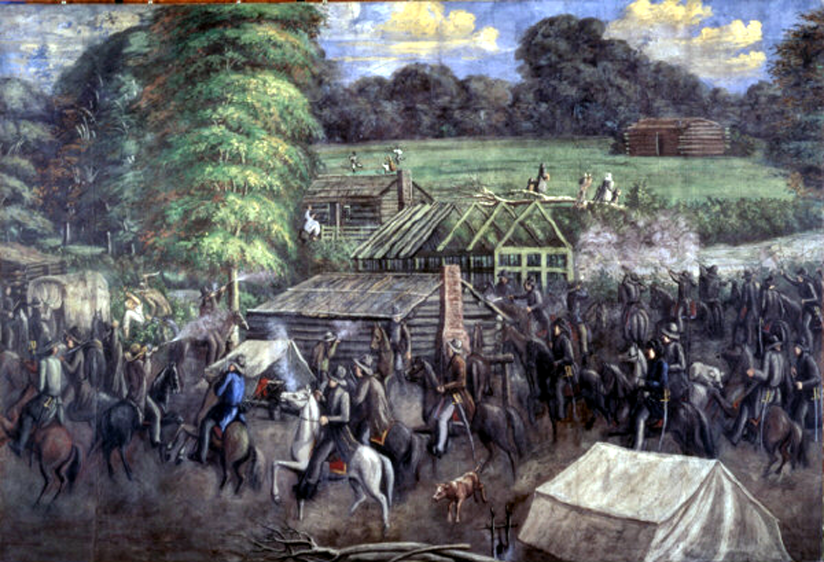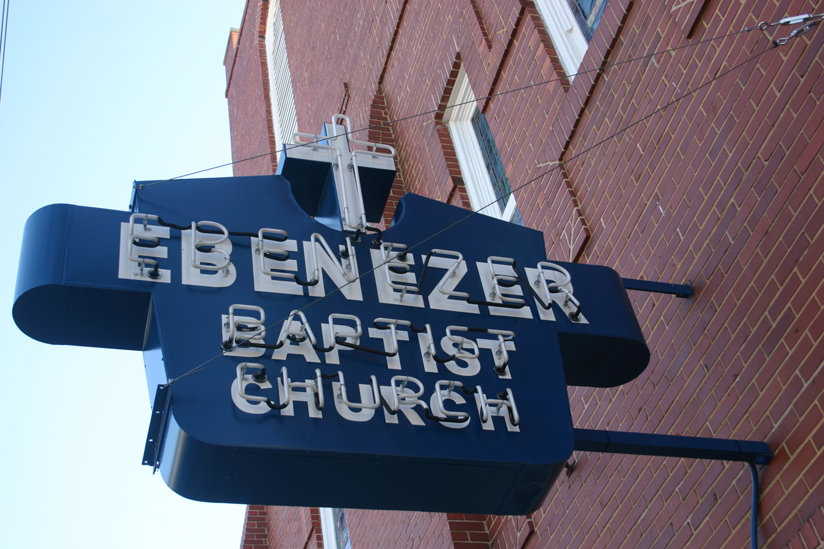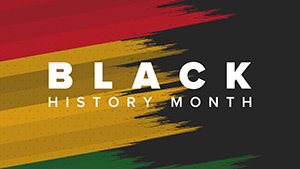
-
HOME
-
WHAT IS STANDOur Mission Our Values Our Help Contact
-
WHAT WE FIGHT FORReligious Freedom Religious Literacy Equality & Human Rights Inclusion & Respect Free Speech Responsible Journalism Corporate Accountability
-
RESOURCESExpert Studies Landmark Decisions White Papers FAQs David Miscavige Religious Freedom Resource Center Freedom of Religion & Human Rights Topic Index Priest-Penitent Privilege Islamophobia
-
HATE MONITORBiased Media Propagandists Hatemongers False Experts Hate Monitor Blog
-
NEWSROOMNews Media Watch Videos Blog
-
TAKE ACTIONCombat Hate & Discrimination Champion Freedom of Religion Demand Accountability
Race & Religion: Bigotry Is Bigotry
Our nation is going through a great reevaluation of its history.
We learn that the writer of our national anthem, Francis Scott Key, also a slave-owner, was deeply ambivalent about whether to end that hateful institution.
Even Abraham Lincoln, though morally opposed to slavery, maintained “almost to the end of his life… that the Constitution provided no authority for the federal government to abolish slavery in the states where it had long existed.”
It seems that, only now, are we truly tackling racism, both open and concealed, in our country.

But racism is like a weed and, like a weed, must have a root.
That root is bigotry.
If we focus on bigotry as the core intolerance that makes all forms of hatred possible, we can address racism itself, and many more evils besides.
As a member of a minority group, I’ve experienced plenty of bigotry. Treating people of other religions as somehow unacceptable is another form of hate which disregards our founding principles of equality.
Interestingly, the two “discriminations”—racial and religious—have historical intersections in this land of the free. They stem from the same root, after all, the root called bigotry.
What was one of the chief reasons for the conflict that led to all that violence? This upstart religion’s opposition to slavery.
America was founded on religious tolerance. The Pilgrims of the Mayflower escaped attacks on their religion back in England where they were portrayed as the heretical “cult” of their day. They found a haven here in what became our United States.
But only fifty years later, the Church of Jesus Christ of Latter-day Saints was subjected to horrific violence, as the Constitutional Rights Foundation makes clear.
In fact, Missouri had an “Extermination Order” against Mormons, which read, in part: “The Mormons must be treated as enemies, and must be exterminated or driven from the state if necessary for the public peace—their outrages are beyond all description.”
This “order” stood for 138 years. It was not until 1976 that Missouri Governor Christopher Samuel “Kit” Bond rescinded it.
As Bond said, “The treatment of the Mormon people in Missouri in the 1830s and beyond was barbaric. Women were raped and tortured. Men were killed by mobs or driven out of state. Their property was stolen. The lucky ones were those who were left alive with nothing and were forced to make their way into a more hospitable state.”

What was one of the chief reasons for the conflict that led to all that violence? This upstart religion’s opposition to slavery.
Journalist Steve Pokin writes: “Perhaps more important than religious differences, there was friction because Joseph Smith opposed slavery, and Missouri was a slave state.”
You can just picture the bigots of the time: “This upstart religion dares to attack my way of life? Destroy it!”
People of faith formed the backbone of abolitionism. Many churches helped run the Underground Railroad that smuggled escaping slaves out of the South, for example.
It’s high time we shared not just our stories, but all stories of discrimination.
Martin Luther King Jr. would have recognized a kindred spirit in Joseph Smith. They were both brave religious leaders; they and their followers suffered greatly for their stand against racism.

So the next time you hear someone rant against a religion that’s in the minority, this same someone may have a few choice thoughts about racial minorities, too. Don’t be surprised.
Bigotry is bigotry.
It’s why the same people who have historically practiced racism have almost invariably practiced religious bigotry too. In the bad old days, you certainly wouldn’t have found a KKK Grand Wizard who believed in religious diversity.
You can be sure that bigotry encompasses everyone who is different.
But what do we do about it? How can we, in our everyday lives, right the injustices of bigotry—racial, religious or otherwise?
Well, it starts with me.
I can bring about a more just and equal world by making known the discrimination others have endured. I’ll forward my own cause in the process.
Because it’s high time we shared not just our stories, but all stories of discrimination. It’s high time we put an end to hate and bigotry—to intolerance and disrespect—of any and every kind.
And it’s high time we did even better than that. Tolerance and respect are only clean slates. But if we actively listened and communicated with one another, across all differences, we could lay the groundwork for a better, more united civilization.
Bigotry is bigotry. But with understanding, it can be conquered.
It starts with me.









